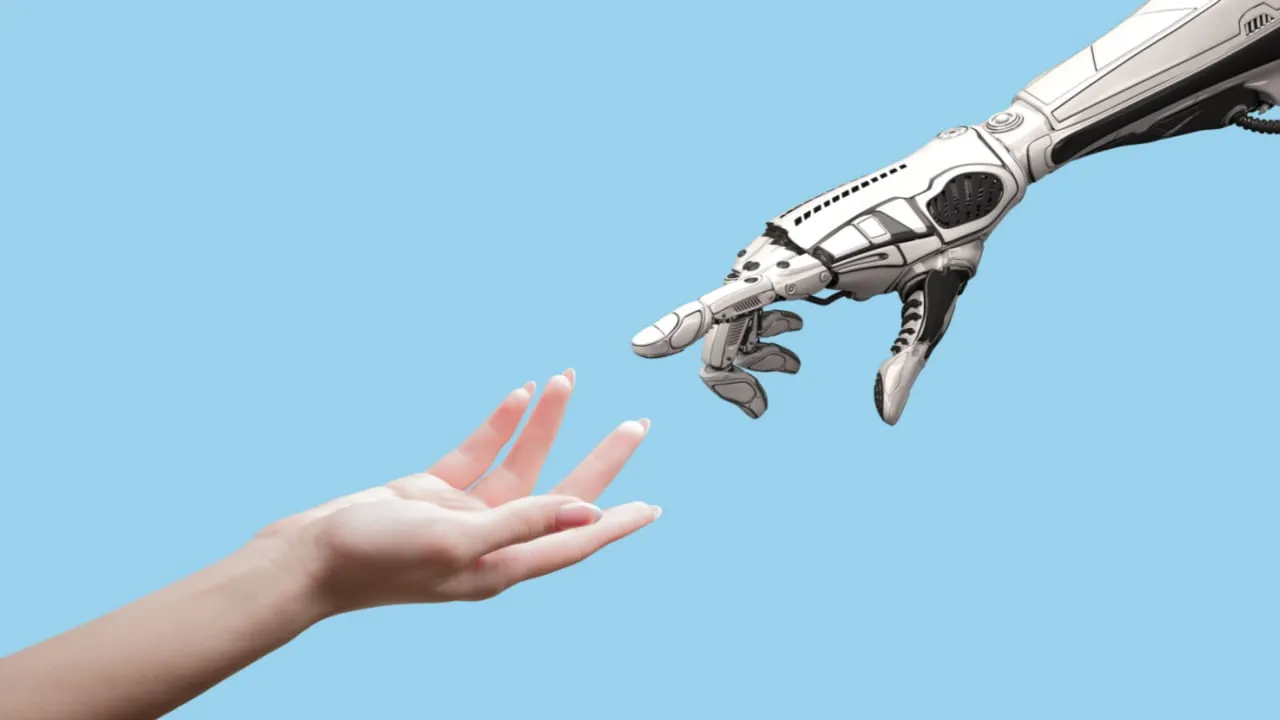Employees may now need to finally brush up on their AI prompting, per new research.
Due to the introduction of artificial intelligence (AI) and automation, a new report from IBM explains, roughly 1.4 billion people will be affected.
In fact, forty percent of workers will need new job skills over the next three years, according to a survey of thousands of C-suite executives.
The IBM report draws on two prior studies. One looked into a survey of 3,000 C-level executives across 28 countries, and the other assessed 21,000 workers in 22 nations.
Many respondents said they think AI will displace humans outright, with the report noting that “employees may think that, by partnering with AI, they are training their replacement.”
Conversely, 87% of executives believe job roles are more likely to be increased. “Generative AI will augment far more employees than it will replace,” said nine out of ten executives surveyed.
Generative AI refers to a subdivision of AI that creates new information alluding to previously made content. Some of the more popular generative AI tools are ChatGPT–which can create text-based content such as essays or poems–and Stable Diffusion, which works similarly but just for images.
The re-skilling needs are varied and, according to IBM researchers, highlight the volatility of the talent landscape.
The research highlights this by pointing out that executives now see the STEM field as less important, suggesting that these are not the most critical skills an employee needs.
Instead, executives are increasingly more focused on developing people skills such as communication and time management.
The ability to prioritize now leads the list of the most important skills a worker needs.
IBM calls this change a “new skills paradigm.”
This represented a mixed bag to the researchers, who observed that there was a disconnect between “executives who are rushing to automate at all costs” and employees who “believe the work they do is more important than who they work with.”
Asking questions to determine where that line will be key–says the report.
“Which tasks require a human touch? What is an acceptable margin of error? And where does the responsibility fall if machines—or humans—don’t live up to expectations?” reads the research.
These will become quintessential, especially with executives and employees at odds. One thing is for certain: AI is going to transform their workplaces no matter what.
To succeed, the IBM report concluded, companies will need to “prioritize with purpose,” and “make work more rewarding.”

